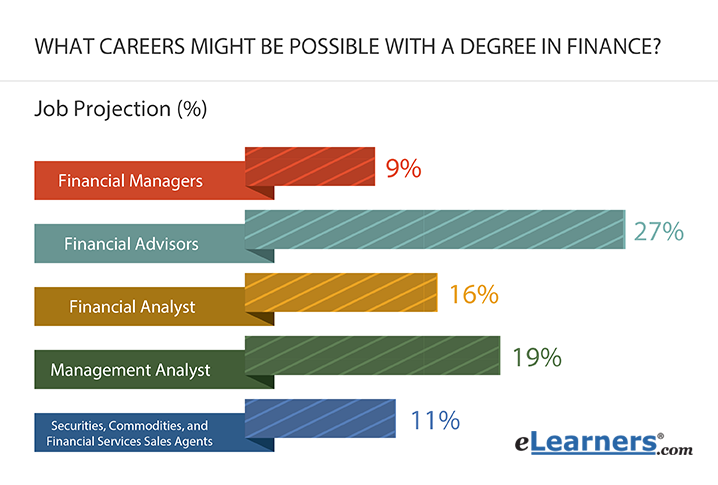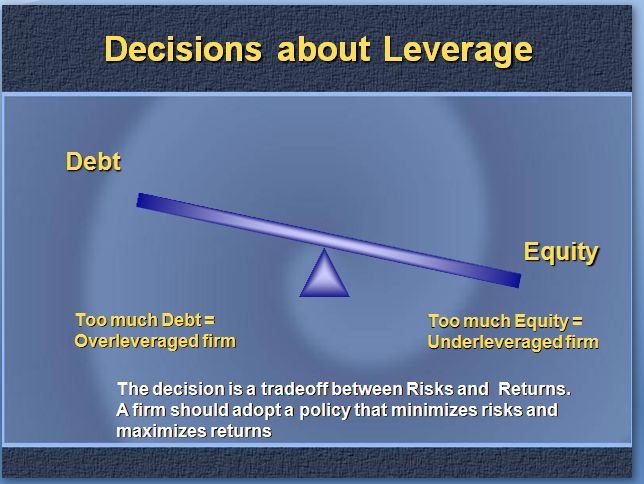If a buyer asked you to front them the cash to buy your house from you, you 'd believe they were crazy. It's up to your purchaser to determine a method to spend for your home, right? Think it or not, there are in fact home sellers who provide to loan purchasers the money to purchase their residential or commercial property: it's called owner funding. Source: (Ryan Bruce/ Burst) Likewise called seller funding or a purchase-money home mortgage, owner funding is an arrangement where the house purchaser borrows some or all of the money to purchase your home from the present property owner. Sometimes, this takes place because the purchaser doesn't wantor can't certify online forum traditional home mortgage from a traditional loan provider.
For example, let's state the accepted offer in between the purchaser and seller is $300,000. The purchaser has 20%, or $60,000, to put down on the house, however their home loan business only approves a loan of $200,000. With seller financing, the seller can provide the buyer the additional $40,000 needed to make up the distinction. Nevertheless, seller financing isn't generally anticipated to be a long-lasting arrangement. It's generally a short-term solution until the purchaser can arrange a standard loan for the complete home mortgage amountnormally within a couple of years. Since that holds true, the terms of these loans are frequently developed to inspire the buyer Check out this site to look for out alternative financing.
The bright side is that, while this plan is a personal home loan between 2 private citizens, it is a legally binding contract with terms, conditions, and requirements to which both celebrations should adhereand option if the agreement terms are breached. The problem is that it's a private loan between two private residents. And if you've ever encountered Additional info problem lending money to friend or family, it's just natural for the seller to be worried about providing an even larger sum to a stranger. "Seller financing can go actually well if you're dealing with economically solvent individuals who have great jobs and are sincere," says Edie Waters a top-selling agent in Kansas City, Missouri, who's offered over 74% more homes than her peers.
But that wasn't always the case. In fact, the popularity of seller funding is influenced by rate of interest. "Today we're not in this kind of market, but in the '80s, the rate of interest was 18%," says Waters. "And those rates of interest increased very quickly. So let's say the seller back then had a loan at 8%, however their buyer can just get an 18% rates of interest. That's a 10% space." This common situation back in the 1980s, was why seller funding and the agreement for deed became a popular alternative. Rather of paying the bank 18% interest, the seller would keep their 8% mortgage, and charge their purchaser 12% -15% in the new, seller funded home loan.
The Main Principles Of How Long Can You Finance A Camper
Otherwise you might encounter issues buying another home. If you're still paying a home loan on the house you've seller funded, you'll be responsible for and have to get approved for both home mortgages. "Today, I would not recommend that a seller offer owner financing if they still had a loan on their house," recommends Waters. "Not unless they could simply definitely manage it, and desired to use it for a tax reduction." If you do run that danger, you could be stuck paying both home loans if your purchaser defaults on the loan. Source: (Nicole De Khors/ Burst) There are a lot of benefits and drawbacks to owner financing, but possibly the most significant threat that the seller requires to stress over is buyer default.

But you, as the seller, need to prepare that probably anywhere from 60% to 70% of the time you're going to sample letter to cancel timeshare contract get that house back," encourages Waters. Remember, buyers who request seller financing usually can't qualify for a traditional home mortgage, or a minimum of not for a loan big enough to cover the full home rate. Which implies that they are high-risk customers. High-risk purchasers are more likely to default, however that's not the worst partif they refuse to leave. If they just stop paying you, however do not vacate, you'll need to bear the cost to foreclose on the home.
" There's a lot of risk on both sides, but there's a lot more danger in it for the seller," says Waters. "If it goes bad, the buyer will get a bad credit report, down to 500 or less if they default on a loan. However the seller is stuck with your house and the condition it remains in. They're stuck with all the required repair work, the expense of repairing it up, all the added wear and tear on things like the roof, the appliances and the A/C. How to finance a house flip. And they're stuck to the time and expenditure of offering it once again. So you need to be alright with the threat included." Aside from the reality that there's a high likelihood that you'll end up being economically accountable for the seller-financed residential or commercial property again, you might not be able to structure the terms of the loan exactly as you 'd like.
Sadly, those reforms even impact private loanswhich ways you might not have the ability to consist of that incentivizing balloon payment after all. Finally, because you're the one lending the money, you'll only be earning money in small installations over an amount of time, much like a regular lender. Simply put, you won't be able to access your complete equity in the home you offer to help you buy another one. The news isn't all bad, though. "The tax benefits are potentially substantial for sellers financing their buyers," states Waters. We always advise that they check out with their monetary advisor to make sure they understand all the tax rate advantages and disadvantages." Because your purchaser is paying you in little increments over a duration of several years, the federal government concerns this as an installment sale which features substantial tax breaks.

Getting My What Does Ach Stand For In Finance To Work
The greatest pro is that as the loan provider, you retain the title to the residential or commercial property until you're paid in full, so if your purchaser does default, your home is still yoursno matter just how much money they've currently paid toward their home mortgage. Source: (Ryan Bruce/ Burst) If it sounds like seller funding is the right choice for you, then you'll need to understand what to do: The very first thing you need to do is make certain you're financially secure sufficient to deal with the threats that include seller funding. It's inadequate to merely own your house outrightyou must also have actually sufficient money saved to cover repairs, taxes, insurance, and any other expenses you may require to cover until you can get your home offered once again.